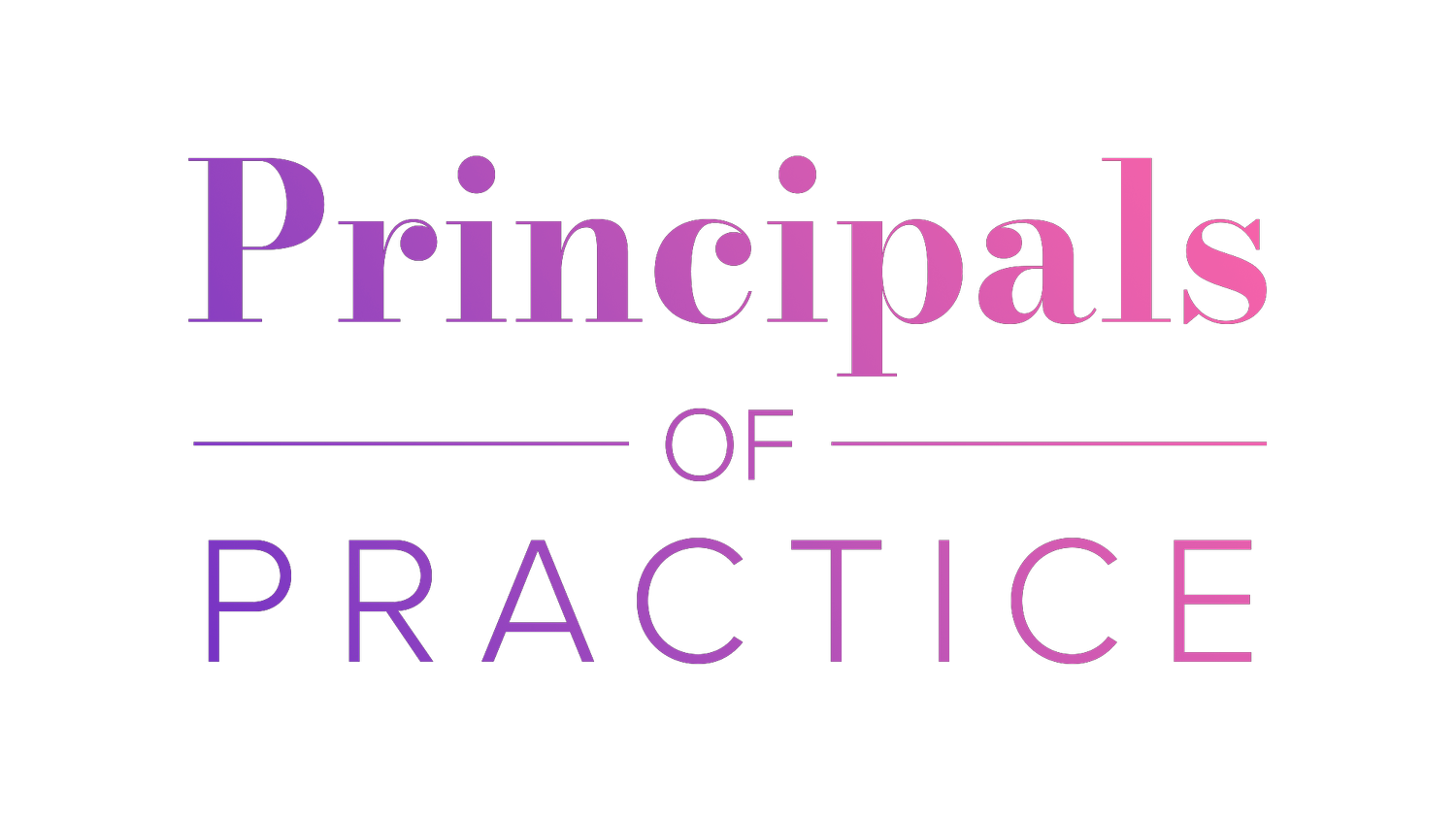Authenticity: when being true to who you are is holding you back
How do you come across as authentic when you are trying to adapt your leadership presence?
I have coached people who are progressing into formal leadership roles or struggling in existing ones. They are conflicted between holding true to the beliefs and principles they feel define who they are, while noticing the behaviour resulting from those beliefs is holding them back from being the leader they want (or are expected) to be.
This is compounded where people are working in functions that support and reinforce their natural talents and preferences.
Take, for example:
A compliance specialist whose career has flourished because she is intrinsically driven to investigate whether certain actions fall within or outside the rules. She is struggling with the adaptability required to connect with and influence others in the organisation.
A tenacious, execution-driven senior lawyer has been praised for getting the most impossible deals over the line. She now realises she needs to show up differently if she wants to inspire and motivate her team.
An in-house lawyer has progressed quickly in his career because of his ability to build rapport and see the big picture. A number of junior lawyers now report to him and depend on his close and detailed supervision as they develop their technical expertise.
Before long, these three emerging leaders receive feedback that suggests the skills that they have been rewarded for throughout their careers are now the very obstacles they have to overcome in order to be effective leaders.
But what about authenticity, they ask? Aren’t they meant to bring their whole selves to work? Aren’t they meant to be guided by their values? Aren’t they meant to exploit their natural talents and strengths?
It is no surprise they feel conflicted. They are concerned that if they start adopting a new approach, or start to deny what makes them who they are, then they will be perceived as fakes.
Professor of organisational behaviour, Herminia Ibarra, has written about The Authenticity Paradox and says, “...going against our natural inclinations can make us feel like imposters, we tend to latch on to authenticity as an excuse for sticking with what’s comfortable. But few jobs allow us to do that for long. That’s doubly true when we advance in our careers or when demands or expectations change...”
If we know that our skills and presence have to evolve within the span of our careers, why then are we so concerned with authenticity?
Authenticity is one of the key ingredients of developing trust. If we are not perceived as being authentic or sincere, then it is unlikely we will be trusted, not to mention the discomfort and distress people might feel when they are not being true to themselves or have to “pretend” to fit in.
Authentic meaning of authenticity
How do we define what being authentic means? Does it mean taking a rigid approach and sticking to your guns at all costs? As Ibarra warns, “...the way we think about authenticity poses a real danger to our capacity to grow and learn.”
Personally, I love the expanded definition of authenticity proposed by Ibarra. It is based on the Greek root of the word (meaning “being the author of” therefore, acting of your own authority) and humanistic psychology. She proposes that, “Authenticity is not a trait, it is the outcome of the process of becoming your own person.”
If you’re wondering whether your strengths or values are holding you back from achieving what you want to achieve, I’d encourage you to ask yourself who that is benefitting? Is it serving the version of you that you aspire to be? Is it serving those you want to impact through your leadership? Or is it merely serving the voice inside you that craves comfort in the face of challenge?
If you’re in a position where you suspect that adhering to your belief and value system might be holding you back from progressing to the next stage of your career, it could be worth exploring where you stand, in order to develop yourself for moving forward. For support and guidance, feel free to contact Katie@principalsofpractice.com.

